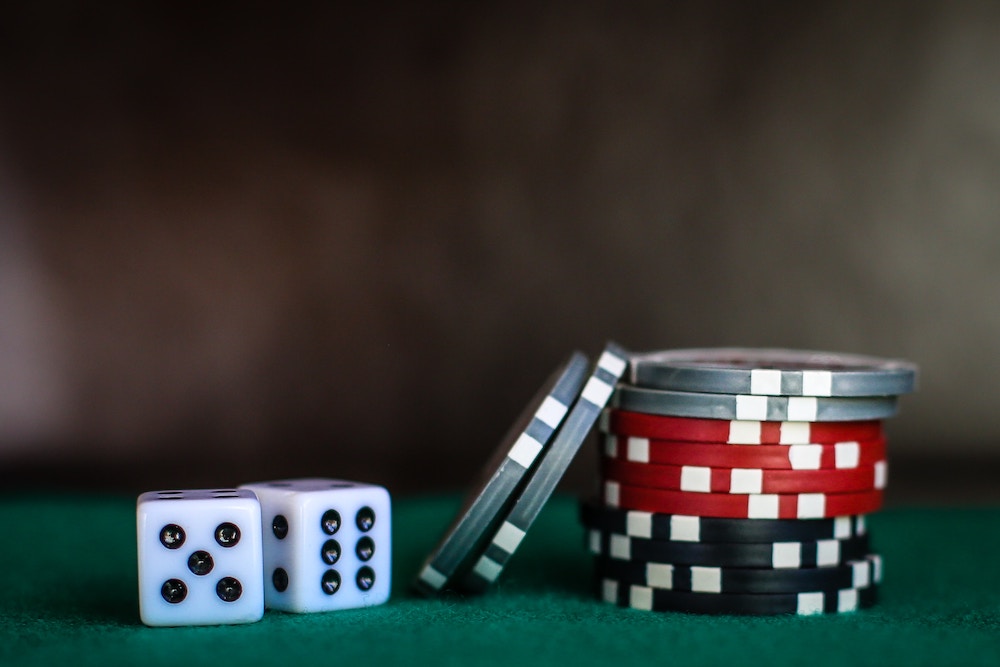Gambling addiction, also referred to as “problem gambling” or “gambling disorder,” is a common behavioral addiction that requires professional treatment. Just as with a substance use disorder, those with gambling disorders are unable to control their compulsions. What begins as a casual use of slot machines, lottery tickets, or online poker sites spirals into an addiction. Problem gambling is any behavior that disrupts someone’s daily life. Today, we’ll examine what exactly qualifies as a gambling disorder, and how it may be effectively treated.
Diagnostic Criteria for Gambling Disorder
The Diagnostic and Statistical Manual, 5th Edition (DSM-5) provides a list of criteria that can assist with the diagnosis of this disorder. There are two primary identifiers. The first is persistent, recurrent, problematic gambling behavior leading to clinically significant distress or impairment. This is indicated by the exhibition of four or more of these items within a one-year period:
- Needs to gamble with increasing amounts of money in order to get the same rush
- Feels restless or irritable when attempting to cut down on the behavior
- Has made repeated, unsuccessful efforts to cut back or quit the behavior
- Is often preoccupied with the behavior (planning the next venture, thinking of ways to get money to gamble with)
- Turns to the behavior when feeling distressed
- After losing money, will return another day to get even (“chasing losses”)
- Lying to conceal the extent of the behavior
- Jeopardizing or losing relationships because of the behavior
- Relying on others to provide money or fix desperate financial straits created by the behavior
The second criterion is that this behavior may not be attributed to a manic episode. Gambling disorder may be characterized as episodic, persistent, or in early remission; it may also be called mild, moderate, or severe. These are determined by how often someone meets the criteria, and how many of the criteria they exhibit.
About Behavioral Addictions
Several behaviors hijack the brain’s reward system in a way that is similar to the effects of a substance use disorder. The essential feature of these behavioral addictions is the inability to resist an impulse to perform an act that may be harmful to one’s self or others. This recurrent behavior eventually interferes with the person’s ability to function in their daily life, just as a substance use disorder might. These behaviors may attempt to decrease anxiety or create a brief “high.”
Gambling disorders are the most thoroughly studied of all behavioral addictions. It usually begins in childhood or adolescence, with men beginning earlier in life than women. It is not uncommon for those with behavioral addictions to steal, embezzle, or write bad checks in order to fund their gambling or deal with the consequences created by the behavior.
Treating Gambling Disorders
Treating compulsive behavioral disorders can be immensely challenging, partially because denial is such a prevailing force in these addictions. A loved one may claim that they can stop any time they want to, or that they do not have a problem at all. They may attempt to conceal how much money they have lost while gambling or may hide their ventures from friends and family members.
Treatment for gambling disorder may include therapy, medication, and self-help groups. Cognitive behavioral therapy or dialectical behavioral therapy may provide a process to reason through one’s gambling issues, modifying reactions and behaviors moving forward. By replacing negative impulses and beliefs with positive, healthy choices, the urge to gamble may be overcome.
Problematic gambling may also occur due to disorders like OCD, depression, bipolar, or ADHD. For this reason, proper medication can help to reduce the desire to gamble in times of distress.
Finally, joining a support group of other recovering addicts can be beneficial in the treatment of a gambling disorder. Gamblers Anonymous and other local groups can be a great resource – ask your treatment center for their recommendations.
Treatment for Behavioral Addictions
Pine Grove Behavioral Health and Addiction Services has provided nationally recognized treatment for behavioral addictions like gambling disorders, sex addiction, love addiction, technology addiction, and eating disorders. To learn more about our unique approach, call 1-888-574-4673 or visit our website.

